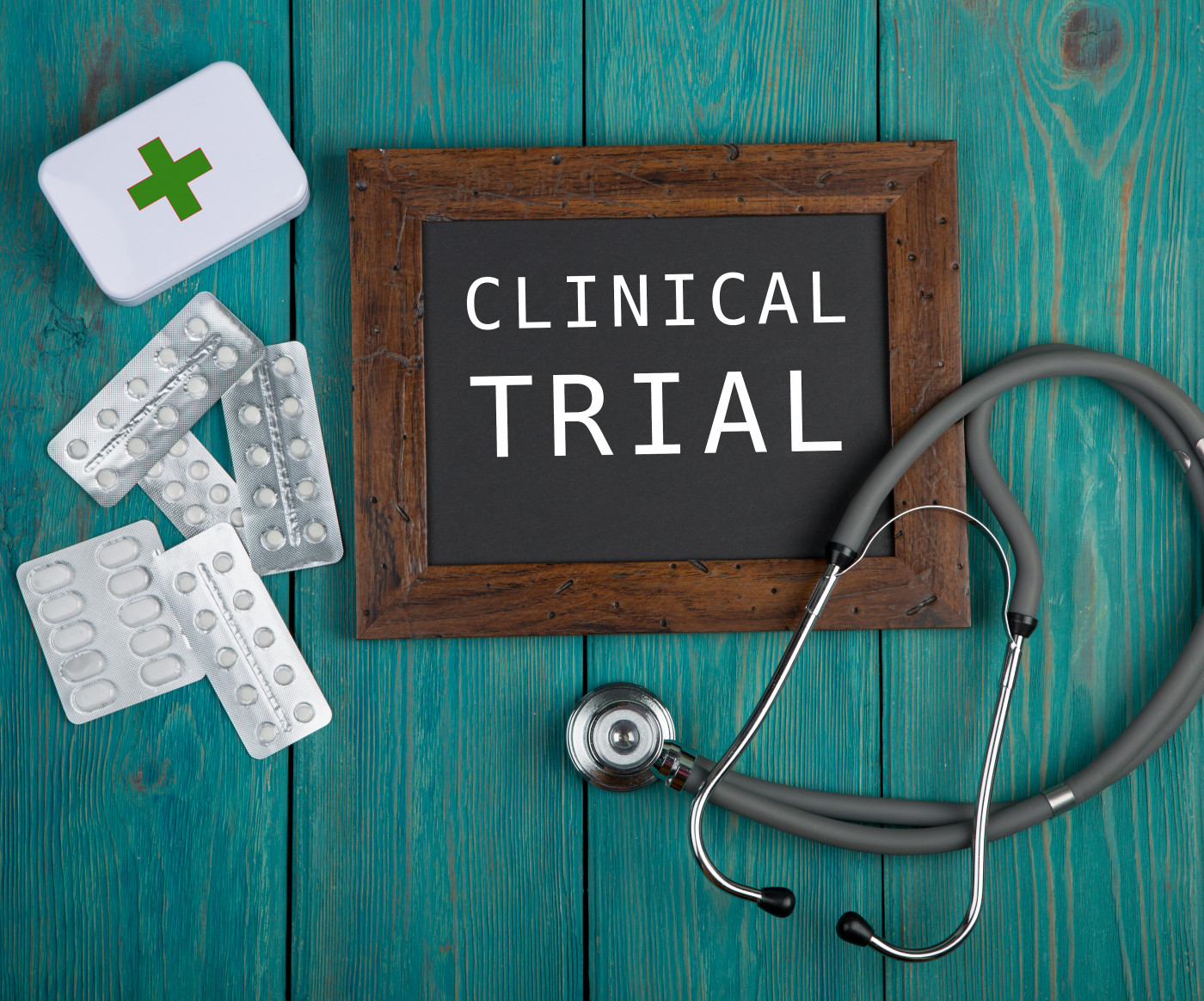NurOwn Fails to Significantly Slow Disease Progression in ALS Patients, Top-line Data Show
Written by |

BrainStorm Cell Therapeutics’ cell-based therapy NurOwn failed to significantly slow disease progression in people with rapidly progressing amyotrophic lateral sclerosis (ALS), top-line data from a Phase 3 trial show.
The therapy, however, did result in clinically meaningful responses in a pre-specified group of patients with early ALS — though the benefits also were not statistically different from those seen with a placebo.
“This clinical trial included a more severely affected ALS population compared to other recent ALS clinical trials,” Chaim Lebovits, BrainStorm’s CEO, said in a press release, adding that the data showed “a superior treatment response in a pre-specified subgroup of patients with less advanced disease.”
“It is important to fully explore this finding,” said Merit Cudkowicz, MD, one of the trial’s principal investigators, and the director of the Healey Center for ALS and chair of neurology at Mass General Hospital, in Boston.
“Given the [variability] of ALS, it is not surprising that measurement of treatment effect may be influenced by disease severity including the behavior of disease progression rates at the lower end of the scale,” said Cudkowicz, also a professor of neurology at Harvard Medical School.
“In addition, NurOwn was observed to have its clear intended biological effects with important changes in the pre-specified disease and [therapy] related biomarkers,” Cudkowicz added.
Lebovits noted that the company is “in active discussions” with the U.S. Food and Drug Administration. He said the regulatory agency has “committed to prioritize review of this data” to determine “if there is a path forward to support approval.”
Detailed data are expected to be presented at upcoming scientific conferences and published in a peer-reviewed scientific journal.
NurOwn uses a person’s own mesenchymal stem cells or MSCs, which are capable of generating different cell types, to promote and support nerve cell repair.
MSCs are collected from the bone marrow, after which they are expanded and matured into cells that produce high levels of neurotrophic factors — compounds that promote nervous tissue growth and survival. The mature cells are then infused back into the patient through an injection into the spinal canal.
After promising Phase 2 findings in people with fast-progressing ALS, BrainStorm launched a Phase 3 trial to confirm NurOwn’s therapeutic benefits in a larger patient population.
The Phase 3 trial (NCT03280056) evaluated the safety and effectiveness of NurOwn in 189 people with rapidly progressing ALS. Participants were randomly assigned to receive a total of three injections of either NurOwn or a placebo, directly into the spinal canal, every other month.
The study’s main goal was to assess the therapy’s safety and whether it was superior to the placebo at slowing disease progression — as measured by the proportion of patients showing at least a 1.25-point slower rate of decline in the ALS Functional Rating Scale (ALSFRS-R) — at 28 weeks (seven months) following the first dose.
Secondary goals included the proportion of patients whose disease had not progressed, total ALSFRS-R decline, and a combined analysis of function and survival. Other secondary goals were tracheostomy-free and overall survival, and the levels of cerebrospinal fluid (CSF) biomarkers. CSF is the liquid that surrounds the brain and spinal cord.
Top-line data showed that a greater proportion of NurOwn-treated patients (34.7%) had a slower disease progression, compared with those given a placebo (27.7%). However, this difference did not reach statistical significance, mainly due to the unexpected high responses to the placebo, which exceeded those reported in other ALS trials, the company noted in the release.
The mean change in the ALSFRS-R score over the seven months of treatment also was not significantly different between the groups (-5.52 in the NurOwn group vs. -5.88 in the placebo group), meaning that the trial failed to meet both its main and secondary effectiveness goals.
Notably, greater treatment responses were seen in a pre-specified group of patients with less advanced disease.
In this group, 34.6% of those receiving NurOwn met the main goal, compared with 15.6% of those on a placebo. In addition, the mean decline in the ALSFRS-R total score was -1.77 with NurOwn and -3.78 with a placebo — representing an improvement of 2.01 points with the cell-based therapy.
While the differences between the groups still did not reach statistical significance, they were considered clinically meaningful.
“The placebo response observed in this trial is unprecedented and the ability to show treatment benefit in this context provides evidence of the clinical value of NurOwn,” said Stacy Lindborg, PhD, executive vice president and head of global clinical research at BrainStorm.
Moreover, biomarker data confirmed that NurOwn treatment significantly increased the levels of neurotrophic factors and dropped those of neurodegenerative and neuroinflammatory biomarkers — an effect not observed in the placebo group.
Further analyses showed that patients’ responses to NurOwn could be predicted by their disease status at study entry, as assessed through their ALSFRS-R scores and levels of key neurodegenerative and neuroinflammatory CSF biomarkers.
“The robust changes in biomarkers of neurodegeneration … which allows identification of likely responders prior to treatment is encouraging,” Lindborg said.
“We are committed to learning as much as we can from this trial and to partner with the ALS community to progress our collective understanding of ALS, which in turn will help us to continue to bring forward new treatments for this unrelenting disease,” she added.
Ralph Kern, MD, Brainstorm’s president and chief marketing officer, said that “biosamples from this study will be shared through the NEALS biorepository to enable additional scientific discovery efforts.” He also thanked I AM ALS and the ALS Association for their contribution in the biomarkers analyses.
BrainStorm also is evaluating NurOwn as a potential therapy for Parkinson’s disease, Huntington’s disease, and autism spectrum disorder.





